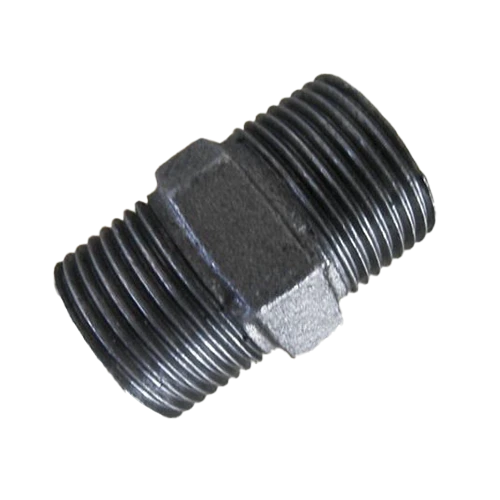Mobile:+86-311-808-126-83
Email:info@ydcastings.com
Design and Performance Analysis of Centrifugal Compressor Impellers in Fluid Dynamics Applications
Understanding the Centrifugal Compressor Impeller
Centrifugal compressors play a crucial role in various industrial applications, providing the necessary air and gas compression for processes ranging from HVAC systems to aerospace propulsion. At the heart of these compressors lies the impeller, a pivotal component that influences the efficiency and performance of the entire system. This article delves into the design, function, and importance of centrifugal compressor impellers.
The impeller is a rotating element that converts kinetic energy from the motor into dynamic pressure energy within a fluid. As the impeller spins, it imparts velocity to the fluid (typically air or gas), which then moves outward due to centrifugal force. The design of an impeller can significantly affect a compressor's performance, including its flow rate, pressure ratio, and efficiency.
Centrifugal compressor impellers are typically designed in various geometries, such as closed, semi-closed, or open configurations. Closed impellers, which feature shrouds on both sides, are often more efficient because they minimize leakage between the blades. Semi-closed impellers provide a balance between efficiency and the capability to handle solids in the gas stream. Open impellers, while less efficient, are easier to clean and maintain, making them suitable for specific applications.
centrifugal compressor impeller

The number of blades on an impeller, known as the blade count, is another critical design consideration. A higher blade count can improve pressure build-up within the compressor, while fewer blades may enhance the flow at higher speeds. Engineers must carefully consider these design factors, as they directly influence the operational characteristics of the compressor.
Moreover, the materials used to fabricate impellers are vital for their performance and longevity. Common materials include aluminum, stainless steel, and high-performance alloys, selected based on the operational environment, gas composition, and desired longevity. The right material choice helps mitigate issues like corrosion, erosion, and fatigue, which are common challenges in compressor operation.
The performance of a centrifugal compressor, and by extension its impeller, is also evaluated through various performance maps that illustrate efficiency under different operating conditions. These maps help engineers optimize system design and ensure the compressor operates within its intended parameters, maximizing efficiency while minimizing energy consumption.
In summary, the centrifugal compressor impeller is a critical component that directly impacts the overall efficiency, operational reliability, and effectiveness of the compressor. Understanding its design, function, and performance characteristics is essential for engineers and technicians working in fields that rely on effective gas compression. As technology advances, further innovations in impeller designs and materials are expected, promising to enhance the capabilities of centrifugal compressors in various applications.
-
Why Should You Invest in Superior Pump Castings for Your Equipment?NewsJun.09,2025
-
Unlock Performance Potential with Stainless Impellers and Aluminum End CapsNewsJun.09,2025
-
Revolutionize Your Machinery with Superior Cast Iron and Aluminum ComponentsNewsJun.09,2025
-
Revolutionize Fluid Dynamics with Premium Pump ComponentsNewsJun.09,2025
-
Optimizing Industrial Systems with Essential Valve ComponentsNewsJun.09,2025
-
Elevate Grid Efficiency with High-Precision Power CastingsNewsJun.09,2025











